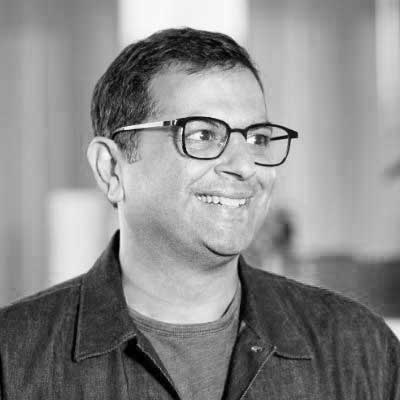"For we have now come to a stage of human culture in which we have compartments of knowledge but not knowledge itself; specialisation but no integration; specialists but no philosophers of human wisdom..."
These words were penned by Lin Yutang in his book, ‘The Importance of Living’. The book was first published in 1938. At that time, it took over 25 years for knowledge to double. Today it takes just 12 hours. If siloed knowledge was a problem then, it has become exponentially more pressing and urgent now.
Systems have been developed that turn data into information and information into knowledge. But what about wisdom – the judgement, the sense, the wit, the intuition – that is needed to solve complex problems and make effective multifaceted decisions? That wisdom is organic, not linear. It comes during moments of insights, those a-ha moments, when you can see the wholeness of different elements of knowledge, their connections, their contextual meanings. It comes when one is able to connect, contextualise and integrate knowledge. Integration is the path to wisdom.
How does one integrate knowledge, make sense of it on a large scale?
Nature has answers. Specifically, Hyphae – the fine, tubular structures that branch, fuse and tangle to create the mycelium network. Water and nutrients flow through this network. Every step you take in the woods has 300 miles of the network underneath. That's the scale. If nature can solve the problem of integrating and making sense of signals at such a large scale, so can organisations with integration of their knowledge.
The Hypha Innovation Intelligence platform takes inspiration from Hyphae. It creates a contextual network in which knowledge can reside. Knowledge is distilled into discrete components and embedded in the network. All knowledge elements in the network are connected, but there is no central control. As Merlin Sheldrake, author of ‘Entangled Life: How fungi make our worlds, change our minds, and shape our futures’ says, coordination takes place everywhere and nowhere in particular. The network encourages symbiosis, collaboration and exploration across organisational boundaries. It enables teams to connect the dots, make sense of their world, answer the question posed by the poet, T.S. Eliot, in a 1934 play:
"Where is the wisdom we have lost in knowledge?"

